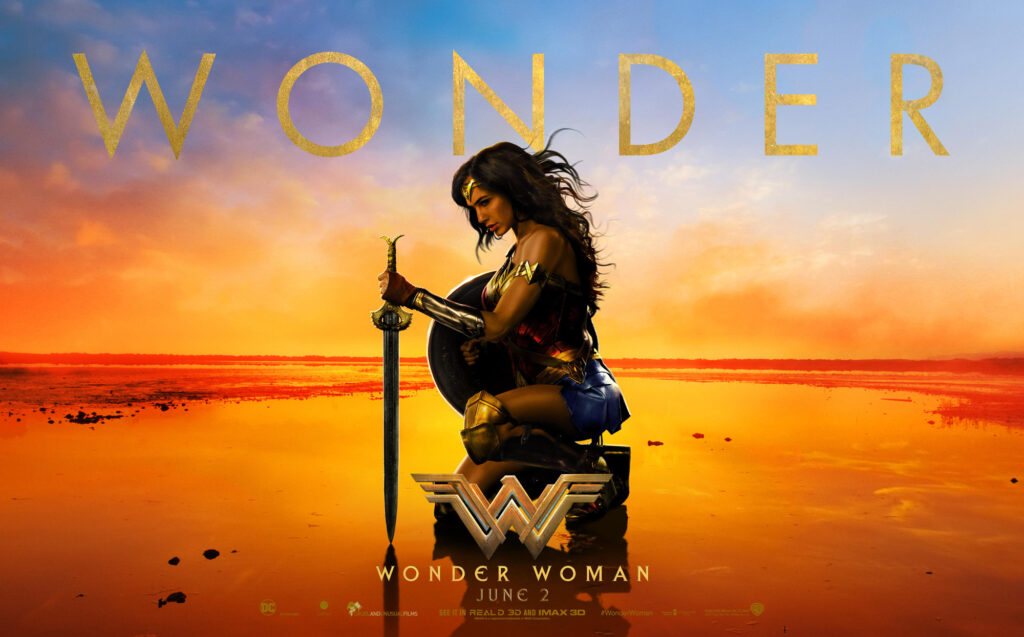
“Wonder Woman (2017): Empowerment and Heroism in a Spectacular Origin Tale”
Introduction:
Directed by Patty Jenkins, “Wonder Woman” emerged in 2017 as a groundbreaking and empowering superhero film, marking a significant moment in female-led cinematic storytelling.
Gal Gadot’s Iconic Portrayal:
Gal Gadot’s portrayal of Diana Prince/Wonder Woman was a revelation, capturing the strength, compassion, and determination of the iconic superhero.
Origin Story and Mythological Setting:
The film expertly delved into Wonder Woman’s origins, transporting audiences to Themyscira, the island paradise of the Amazons, and explored Diana’s journey from an idealistic warrior to a symbol of hope.
Empowerment and Representation:
“Wonder Woman” resonated with audiences worldwide, especially women and young girls, offering a powerful representation of a strong, independent female superhero breaking barriers on the big screen.
Emotional Depth and Themes:
The film seamlessly intertwined action and emotion, exploring themes of heroism, sacrifice, and the complexities of human nature amid the backdrop of World War I.
Impact on the Genre:
“Wonder Woman” shattered box office records, proving the appeal and demand for female-led superhero films and paving the way for more inclusive storytelling in the genre.
Cultural Significance and Legacy:
The film’s success highlighted the importance of representation in superhero narratives, inspiring a new generation of fans and serving as a symbol of empowerment and equality.
Conclusion:
“Wonder Woman” stands as a landmark achievement, not only as a successful superhero film but as a cultural phenomenon that celebrated female strength, inspiring audiences and establishing a new paradigm for inclusive and empowering storytelling in the genre.
Also read